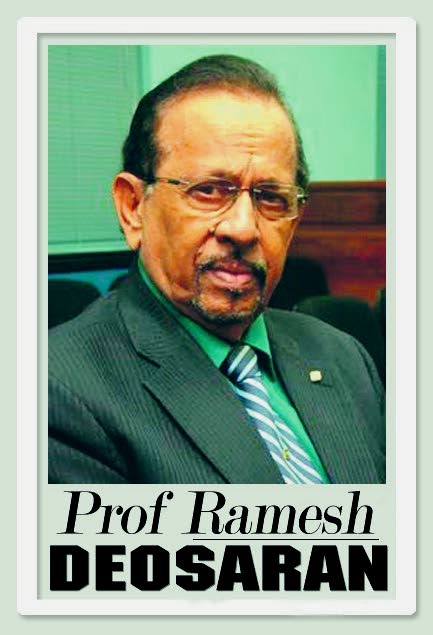Kindness is social capital

Last Tuesday, a friend explained how a co-worker fell from a tall ladder two days before and severely damaged his hands. Very painful: the broken bones needed quick medical attention. The cost of surgery etc, came to $30,000.
But the injured man was very poor, with a rather large family. Not much money. My friend, not quite rich himself, quickly promised to raise the required money to help. And he did, in rake-and-scrape ways.
This, I think, is kindness. Of course, there are all types of kindness, the ultimate one is giving when it hurts, at a sacrifice. That is being Good Samaritans.
During this Christmas season, there was a lot of giving, sharing of gifts and good wishes. Charitable donations too. These helped lift many a spirit from the uncertainties and depression which the covid19 season and its attendant hardships brought. The giving of gifts and other big-time donations occupied much media space. One story said “ANSA McAL Group donates 100 tablets to Jamaica schools.” There are also smaller stories that touch the heart.
During last week’s published survey of East Port of Spain soup kitchens, Michelle George, about to receive her hot soup, said: “I get public assistance. I can’t walk. I have health issues with my spine. I have bills to pay. It’s tough.” The George Street Relief Centre, supported by MP Keith Scotland, serves as a “kindness centre.” So too, for the Christmas season was the Centre for the Socially Displaced at Piccadilly Street.
When further poverty hits the already poor, the room for kindness gets wider. Last week, a fire left ten poor people homeless in Castara, Tobago. The mother fainted when she saw her house burnt down. Following the death of their parents and being “kicked out” of their house, three young orphans started a new house piece by piece and with the help of friends, businessmen and voluntary carpenters. In a media interview, the orphans thanked them all for their “helpful kindness.”
Beyond charity, kindness responds to immediate need. In one of his inspiring essays, Ralph Waldo Emerson said: “In our condition of universal dependence, it seems heroic to let the petitioner be the judge of his own necessity, and to give all that is asked, though at great inconvenience.” That is, be kind and give to those what they need and when then need it. It brings to mind the song: “If I can help somebody as I pass along, then my living will not be in vain.”
Kindness is not only about giving things, food, gifts or money. Give a little hug when needed; a helpful advice or friendly visit when needed. When the saint said, “It is in giving that you receive,” it also meant while you give joy to someone, you too experience the joy of giving.
Kindness deserves gratitude. After getting “world-class professionalism” at Couva Hospital and Multi-Training Facility, Crystal Rojas, in a published letter, thanked the staff for their “dedication and passion for service to our beloved country.”
Among the noble professions are teachers, nurses and doctors where kindness and caring are mostly needed but sometimes abandoned by impatience and busy schedules.
Sometimes, unfortunately, kindness is rebuffed by ingratitude. Shakespeare poured dishonour upon the ingratitude of the aging King Lear’s daughters. Indeed, it breaks the heart to hear of the unkind treatment meted out to our aged citizens by children or at some senior citizens' homes.
It is cruel unkindness to treat pets badly or have a dog hanged with rope. This Christmas will come and go, but given the hard years ahead, I hope all the kindnesses, giving, sharing and best wishes continue so as to make life still worth living.
The big picture in all this is the vital role kindness plays in the social capital needed for social and economic development. About 40 years ago until now, a strong case has been made for kindness, mutual trust, co-operation and reciprocity to be essential components of the social capital required for the economic prosperity of small societies. The arguments are still on, most notably as to whether the pluralist democracy of such societies can effectively build these elements of social capital. That is, how far can kindness and trust go in a competitive political and economic system.

Comments
"Kindness is social capital"